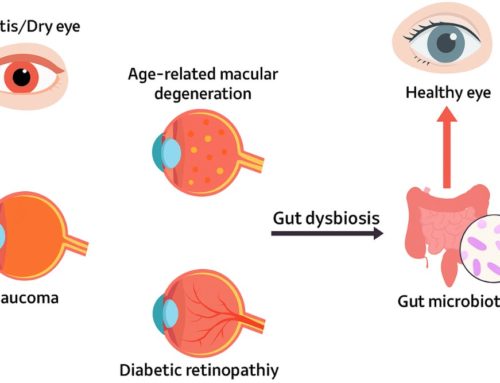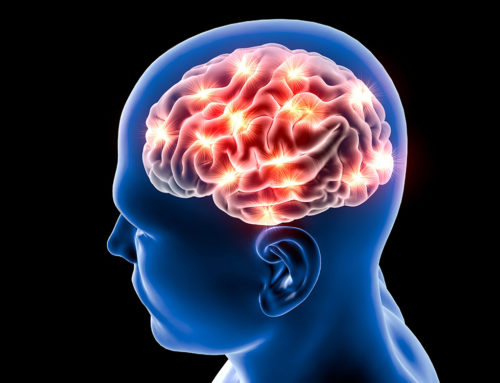Like most bodily functions, breathing happens without conscious thought. We rarely take the time to consider what we do with the oxygen we take in. And those short, shallow breaths we take when nervous or stressed don’t offer what’s required. Deep breathing exercises are much more beneficial physically and mentally, bringing oxygen to all your parts.
Stress releases cortisol, causing higher heart rates and faster circulation, which can be dangerous long-term. As well as physical complications, chronic tension may be linked to neurological conditions, including anxiety and depression. Taking the time to relax, including breathing techniques, reduces such complications.
Haym Salomon Home for Nursing & Rehabilitation in Brooklyn, NY, offers health education to those interested in bettering their physical and mental well-being. Our trained staff offer the support and care needed to ensure you receive the best knowledge and care possible. For more info on the benefits of oxygenation, keep reading.

Deep Breathing Exercises Increase Oxygen Supply
When you inhale, oxygen enters the body, filling the lungs before being absorbed into the bloodstream. With every heartbeat, that oxygenated blood travels to the rest of the body. All cells making up organs, muscles, and other tissues require oxygen to create energy and work properly. Taking longer breaths to fill your lungs ensures higher levels for more efficient cell function.
Several deep breathing exercises are available to ensure the muscles, organs, and tissue are getting what they need. Breath focus and meditation involve concentrating on long inhales while leaving your mind blank and free of intrusive thoughts. Adding a physical aspect, including yoga, tai chi, and qigong, involves flowing movements and poses mixed with deep breathing. These improve strength, balance, and flexibility, with varying positions to match your capabilities.
Reduces physical tension
During stressful times, your body goes into fight-or-flight mode, affecting several functions. The first response is the release of stress hormones, including cortisol, adrenaline, and noradrenaline. All your muscles tense up, your breathing becomes rapid and shallow, and your heart rate quickens.
Your blood vessels widen, letting more blood through and increasing pressure. Unfortunately, those quick breaths aren’t allowing enough oxygen into the bloodstream, preventing proper cell function. Several systems, including nervous, digestive, reproductive, and immune, suffer from stress-related oxygen depletion.
Taking deep, calming breathing exercises can counter the stress response, bringing those functions back to normal. The stress hormones dissipate, slowing your heart rate and lowering blood pressure. Immune, digestive, and other functions resume, and oxygen levels in the blood balance out.
Breathing relieves mental tension
Rapid breathing, especially during stressful times, doesn’t only affect physical functions. It also causes mental tension, including panic attacks, anxiety, and depression. Stress may also induce anger or hostility, sadness, sleep problems, memory issues, and lack of concentration. The longer the tension lasts, the worse these complications become.
Luckily, experts believe deep breathing exercises can counter the effects of mental tension. Focusing on slow, measured inhalations distracts you from those troubling thoughts. As you calm your body, your mind also relaxes, releasing those negative emotions and reducing anxiety and stress. The more often you practice deep breathing techniques, the more beneficial it is for your mental health.
Deep breathing exercises helps relieve mental tension by activating the body’s parasympathetic nervous system, which promotes relaxation. Deep, controlled breathing increases oxygen flow to the brain, calming the mind and reducing the production of stress hormones like cortisol. It also slows the heart rate, lowers blood pressure, and helps shift focus away from anxious thoughts. This mindfulness through breath brings mental clarity, promotes a sense of calm, and helps the body and mind recover from stress, offering an immediate way to manage tension.
Resources:
- Cleveland Clinic, Blood Oxygen Level
https://my.clevelandclinic.org/health/diagnostics/22447-blood-oxygen-level - Harvard Health Publishing, February 2, 2022, Six relaxation techniques to reduce stress
https://my.clevelandclinic.org/health/diagnostics/22447-blood-oxygen-level - American Psychological Association, March 8, 2023, Stress effects on the body
https://www.apa.org/topics/stress/body - Better Health Channel: Breathing to reduce stress
https://www.betterhealth.vic.gov.au/health/HealthyLiving/breathing-to-reduce-stress - Mayo Clinic, Stress Management
https://www.mayoclinic.org/healthy-lifestyle/stress-management/in-depth/stress-symptoms/art-20050987 - NCBI, January 12, 2023, Deep breathing exercise at work: Potential applications and impact
https://www.ncbi.nlm.nih.gov/pmc/articles/PMC9877284/
This content comprises informative and educational resources only and can not be considered as a substitute for professional health or medical guidance. Reliance on any information provided in this article is solely at your own risk. If you have any inquiries or apprehensions about your medical condition or health goals, talk with a licensed physician or healthcare provider.






Leave A Comment